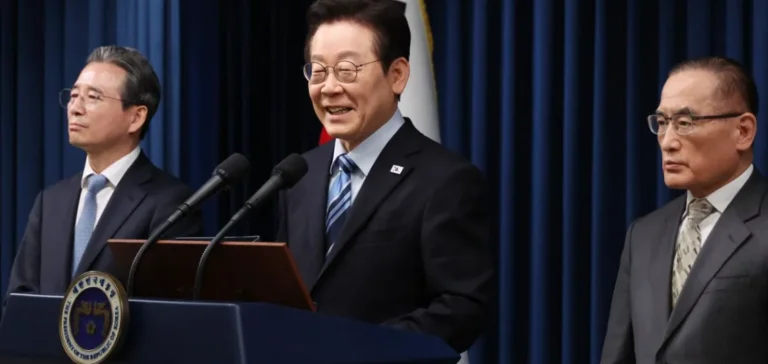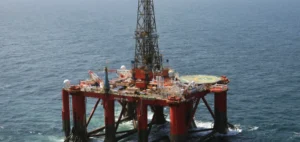Presidents Donald Trump and Lee Jae Myung announced an enhanced nuclear cooperation through a joint statement confirming U.S. support for South Korea’s development of uranium enrichment and spent fuel reprocessing capabilities. The bilateral update follows Donald Trump’s state visit, during which both leaders outlined an expanded collaboration across energy and security sectors.
The official briefing confirms that these developments fall under the framework of the “123 Agreement,” the bilateral nuclear cooperation treaty imposing strict conditions on the peaceful use of sensitive technologies. Washington stated its support for procedures allowing South Korea to conduct enrichment and reprocessing activities for civilian purposes, subject to U.S. legal requirements.
A military dimension integrated into energy cooperation
The statement also announces U.S. approval for South Korea to build nuclear-powered attack submarines. Both governments plan to work jointly on the specifications of the shipbuilding programme, including fuel sourcing arrangements, a core component of naval propulsion.
South Korea currently operates 26 nuclear reactors with a combined capacity of approximately 26 GWe, supplying a significant portion of its electricity. The original 1974 nuclear cooperation agreement restricted the country’s access to enrichment and reprocessing technologies. These constraints were partially eased in 2015 through a 20-year extension, establishing a bilateral commission to explore potential updates to the technical framework.
A structuring economic partnership
The reinforcement of nuclear cooperation runs parallel to a USD350mn strategic trade deal announced in July, covering commitments in trade, industry and security. These measures further consolidate the economic relationship between the two countries, while embedding long-term energy objectives into bilateral cooperation.
South Korean authorities stated that these decisions will support the advancement of their civilian and naval energy programmes, amid rising demand for advanced technologies and the need to secure strategic supply chains.






















